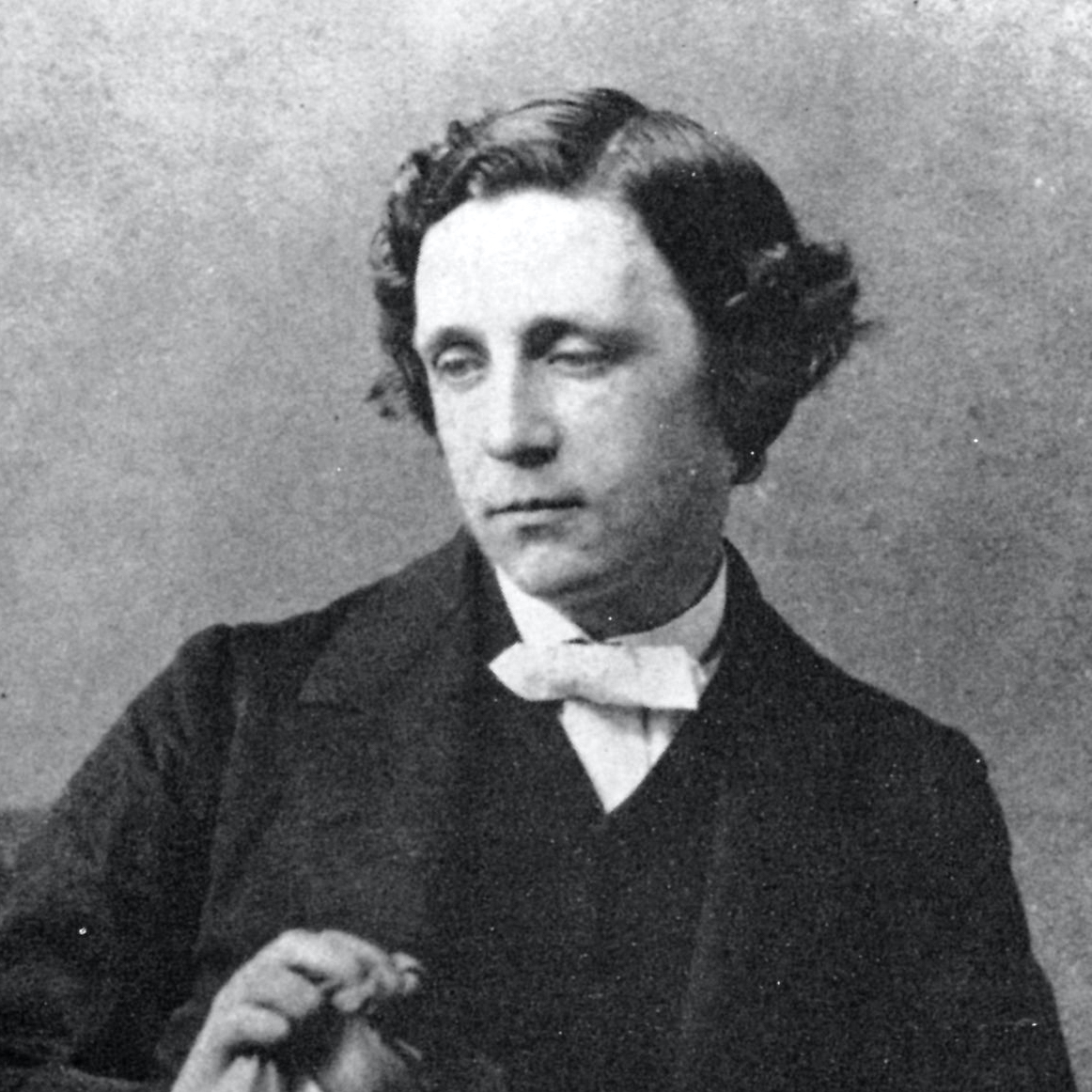A boat, beneath a sunny sky
Lingering onward dreamily
In an evening of July—
Children three that nestle near,
Eager eye and willing ear,
Pleased a simple tale to hear—
Long has paled that sunny sky:
Echoes fade and memories die:
Autumn frosts have slain July.
Still she haunts me, phantomwise,
Alice moving under skies
Never seen by waking eyes.
Children yet, the tale to hear,
Eager eye and willing ear,
Lovingly shall nestle near.
In a Wonderland they lie,
Dreaming as the days go by,
Dreaming as the summers die:
Ever drifting down the stream—
Lingering in the golden gleam—
Life, what is it but a dream?
Published:
None
Length:
Regular
Literary Movements:
Children's
Romanticism
Anthology Years:
2024
Themes:
Memory & The Past
Literary Devices:
Allusion
an expression designed to call something to mind without mentioning it explicitly; an indirect or passing reference
End Rhyme
when a poem has lines ending with words that sound the same
Rhetorical Question
a question asked for effect, not necessarily to be answered
Tercet
A stanza of three lines of verse that rhyme together or are connected by rhyme with an adjacent stanza.

